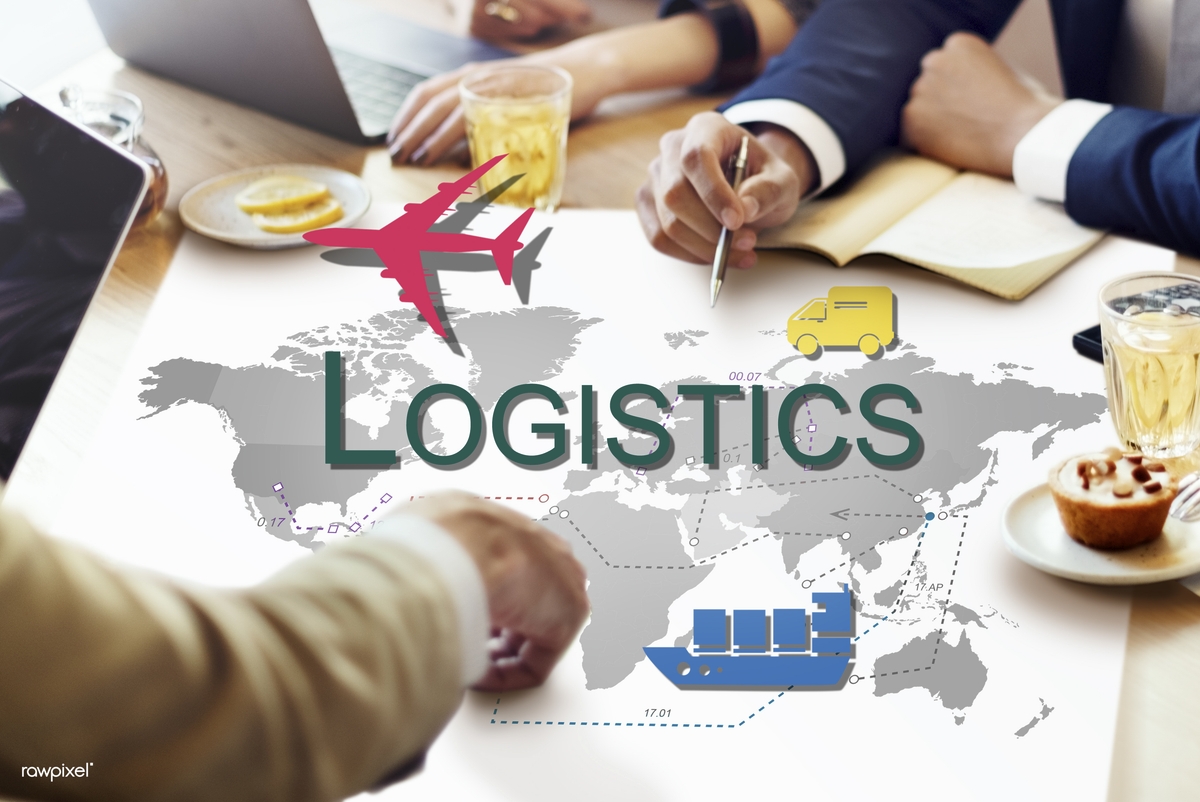Supply chain management as well as efficient procurement which is the first step in this process make the backbone of the global economy. Therefore, it is very hard to see that any company can hope to succeed if unable to lay down these critical supply chain foundations.
Fortunately, digital technology has, as of late, made big steps in streamlining and automating even the most minute and mundane business chores through procurement software, but regardless, something as important as supply chain management had to make a part of this digital tide.
Let us take a look then at a couple of the most important procurement and supply chain tech trends that will shape this sector in 2023.
Procurement becoming a strategic process
Up until this point, procurement was always seen as a critical business process. These days though, when technologies like predictive analytics and automated procurement and workflow management allow companies to optimize this task to unprecedented limits, procurement gradually becomes a strategic process and a new point of competition.
This is understandable since if the success of one business depends on managing expectations, an efficient supply chain and procurement can help you to always over-deliver.
Rise of procurement blockchain
Even though it’s usually associated with digital currencies, blockchain is often cited as one of the most progressive new technologies even outside this popular sector. And keeping in mind that the technology is associated with the benefits like the speed of transactions, great level of transparency, high level of security, self-verifying smart contracts, and overall lower costs, it’s easy to see why this tech is conquering more space in the procurement and supply chain industry. Therefore, expect to see more of it as time goes by.
Mobile procurement becoming a standard
Even with the benefit of AI, procurement still includes tons of mundane tasks like uploading invoices to ERP that need to be performed by human workers. Usually, these chores had to be performed in the office. These days, with the benefit of mobile apps and cloud technology, procurement can be handled anyplace, anytime.
This makes the entire supply chain far leaner and more sustainable since the companies now can leverage trendy assets like remote workforce or hybrid teams to handle this sensitive issue.
AI becoming an important procurement sector
Artificial Intelligence (AI) is, much like blockchain, another hot technology that is currently overhauling the entire supply chain industry. And rest assured, the list of perks you get by using AI in procurement is very long.
However, the main perk has to come in the ability to streamline and automate countless mundane chores, get a higher level of categorization granularity, simple inventory management, and almost completely mistake-free data handling. All these things make procurement simple and effective.
Big Data becoming widely accessible
The success of a procurement process always depended on effective decision-making. However, in order for these decisions to be possible, they need to be based on some hard data. Therefore, Big Data whose sole purpose is to provide business leaders with as many data bits from as many relevant sources will inevitably keep gaining more ground.
What’s important to notice is that, as time goes by, the tech does become increasingly affordable so we will keep seeing its implementation even in the SMBs sectors.
The higher focus on online security
This one is pretty clear – moving the entire business sector like supply chain management into a digital environment leaves the company’s data vulnerable to an entirely new set of threats. That is why modern businesses are expected to invest far more resources into cyber protection, risk assessment, and all other aspects of maintaining a higher level of online security.
Keeping in mind the severity of this issue the companies can either leave these tasks to third-party or develop their own IT departments. In the case of the former, third-party risk management (TPRM) is a critical measure to incorporate in procurement and supply chain processes. Visit Prevalent to better understand TPRM.
Custom procurement tools and platforms
This last topic heavily leans toward the previous one we covered. So, with the gradual transition of all business assets to digital infrastructure, relying too heavily on third-party IT professionals to run your entire company no longer makes sense.
Because of that, we are seeing a growing number of companies trying to assemble their own IT teams capable of producing tailor-made tools and assets for the specific needs of that organization. This means we will see far more variety and unique tools in the procurement sector as well. Suppliers that provide specialized education procurement solutions and cooperative contracts, for example, are increasingly popular across all academic levels.
Final comments
We hope these few examples gave you a general idea about the direction where procurement and supply chain management will be heading in 2023 and beyond. Still, we have to remember that this is only the tip of the iceberg and that the magnitude of all tech-driven trends in this sector is very hard to assess.
Be that as it may, things are most definitely going digital and AI-powered. The sooner you realize that and jump on this bandwagon, the more competitive your business will become.
By Mike Johnston

